Soocom1
Been spending a lot of time on here!
- Joined
- Feb 27, 2006
- Messages
- 3,253
- Reaction score
- 1,489
- Can others edit my Photos
- Photos NOT OK to edit
So a while back I purchased a used 35-350 USM for the 1Ds.
HEAVY lens!
Anyway, I had noticed an unusual problem that kept creeping out on 5 different cameras.
The dreaded ERROR 01 and ERROR 99.
Yesterday I went to use the lens and it just flat out did not want to work. Everything went haywire and I simply could not get a good shot off.
I have trolled Google and other various search engines for months on this issue and never found ANYTHING!
Then last night a mis-match of words in Gooooooogle took me to a web page on Canon lenses and it talked about two things:
Cleaning gunk off the contacts in the camera and lens and then to GENTLY use a green scouring pad to GENTLY polish the contact points because if corrosion or patina builds on the contacts, the resistance on those contacts prevents a full voltage reaching in either direction.
So I GENTLY polished the contacts and VOILA!!!
It works!!!
Imagine that.... General maintenance and I saved about $150 in shipping and repair costs.
You ever have similar issues?
HEAVY lens!
Anyway, I had noticed an unusual problem that kept creeping out on 5 different cameras.
The dreaded ERROR 01 and ERROR 99.
Yesterday I went to use the lens and it just flat out did not want to work. Everything went haywire and I simply could not get a good shot off.
I have trolled Google and other various search engines for months on this issue and never found ANYTHING!
Then last night a mis-match of words in Gooooooogle took me to a web page on Canon lenses and it talked about two things:
Cleaning gunk off the contacts in the camera and lens and then to GENTLY use a green scouring pad to GENTLY polish the contact points because if corrosion or patina builds on the contacts, the resistance on those contacts prevents a full voltage reaching in either direction.
So I GENTLY polished the contacts and VOILA!!!
It works!!!
Imagine that.... General maintenance and I saved about $150 in shipping and repair costs.
You ever have similar issues?


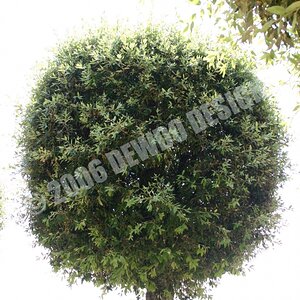


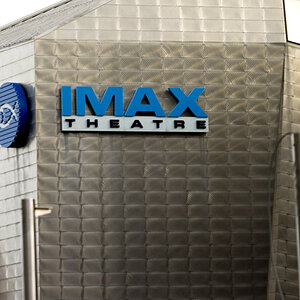
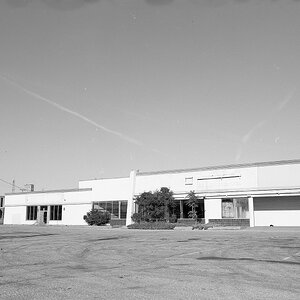
![[No title]](/data/xfmg/thumbnail/38/38263-ad5e4c9e677626ddb5b1e7cdf9ebe40e.jpg?1619738548)
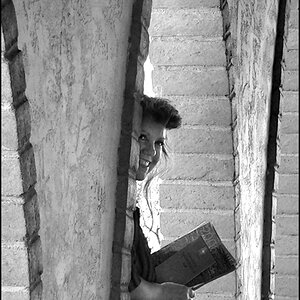
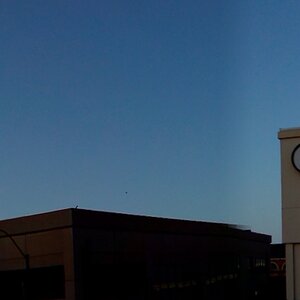


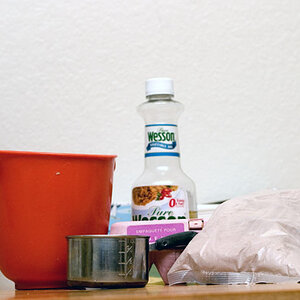
![[No title]](/data/xfmg/thumbnail/33/33026-d1cc9c60c2164adb92d7186eedb0673d.jpg?1619735840)